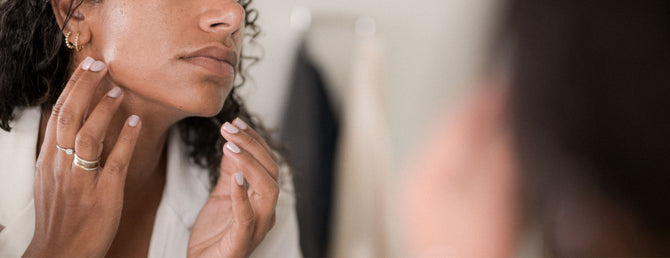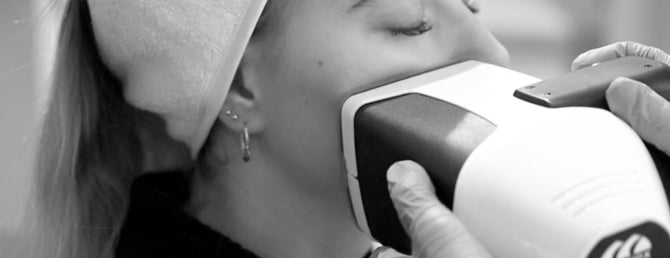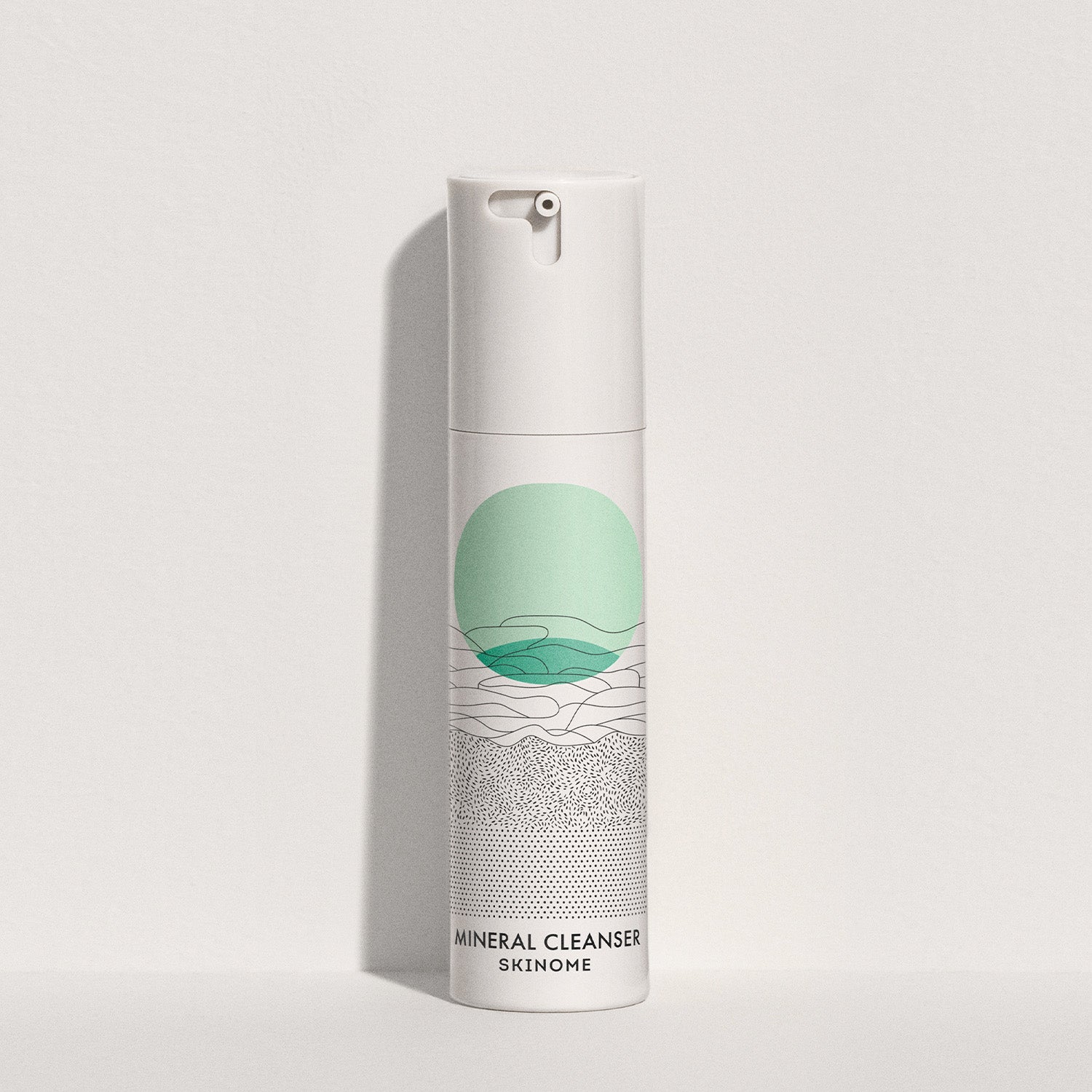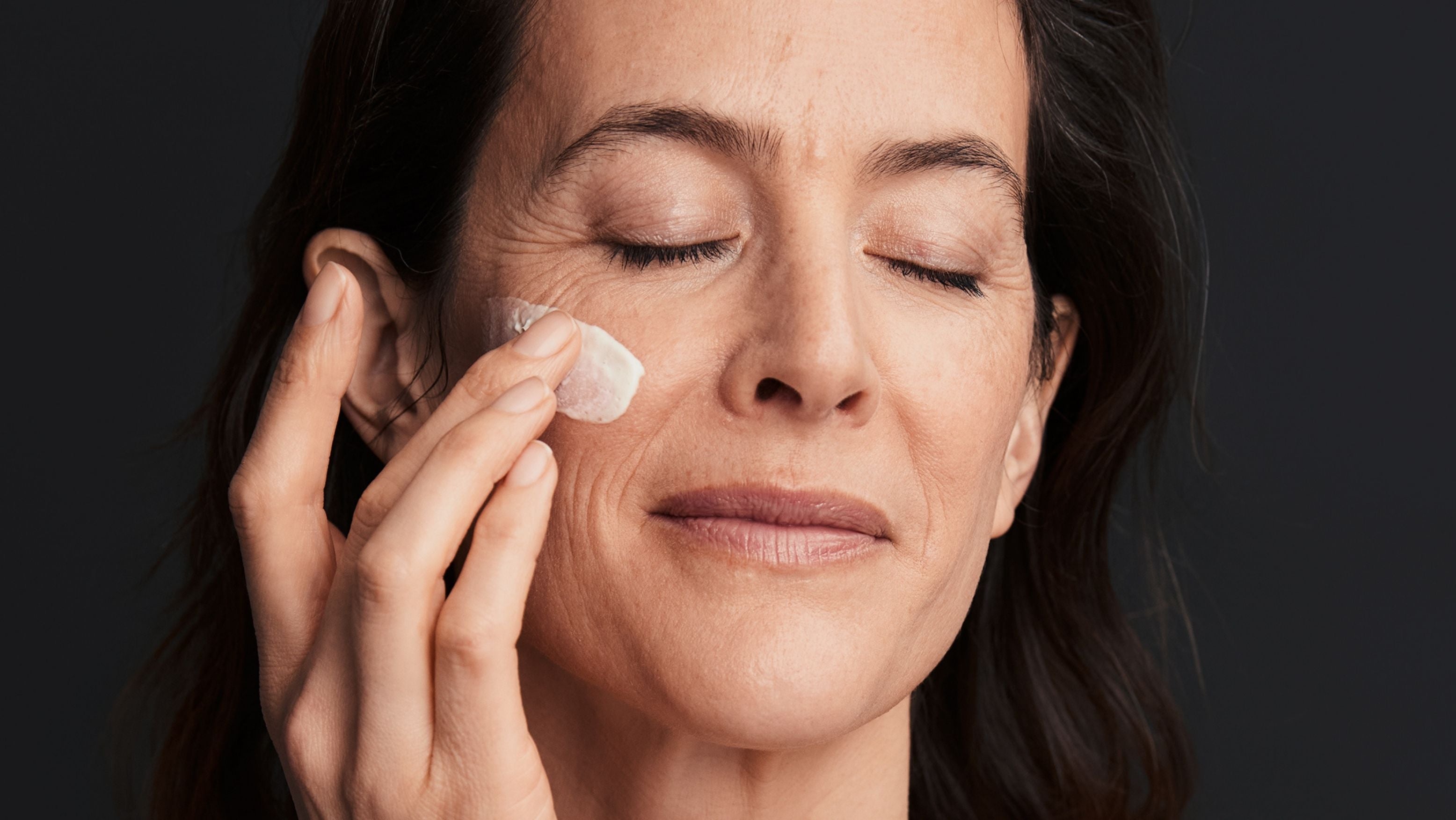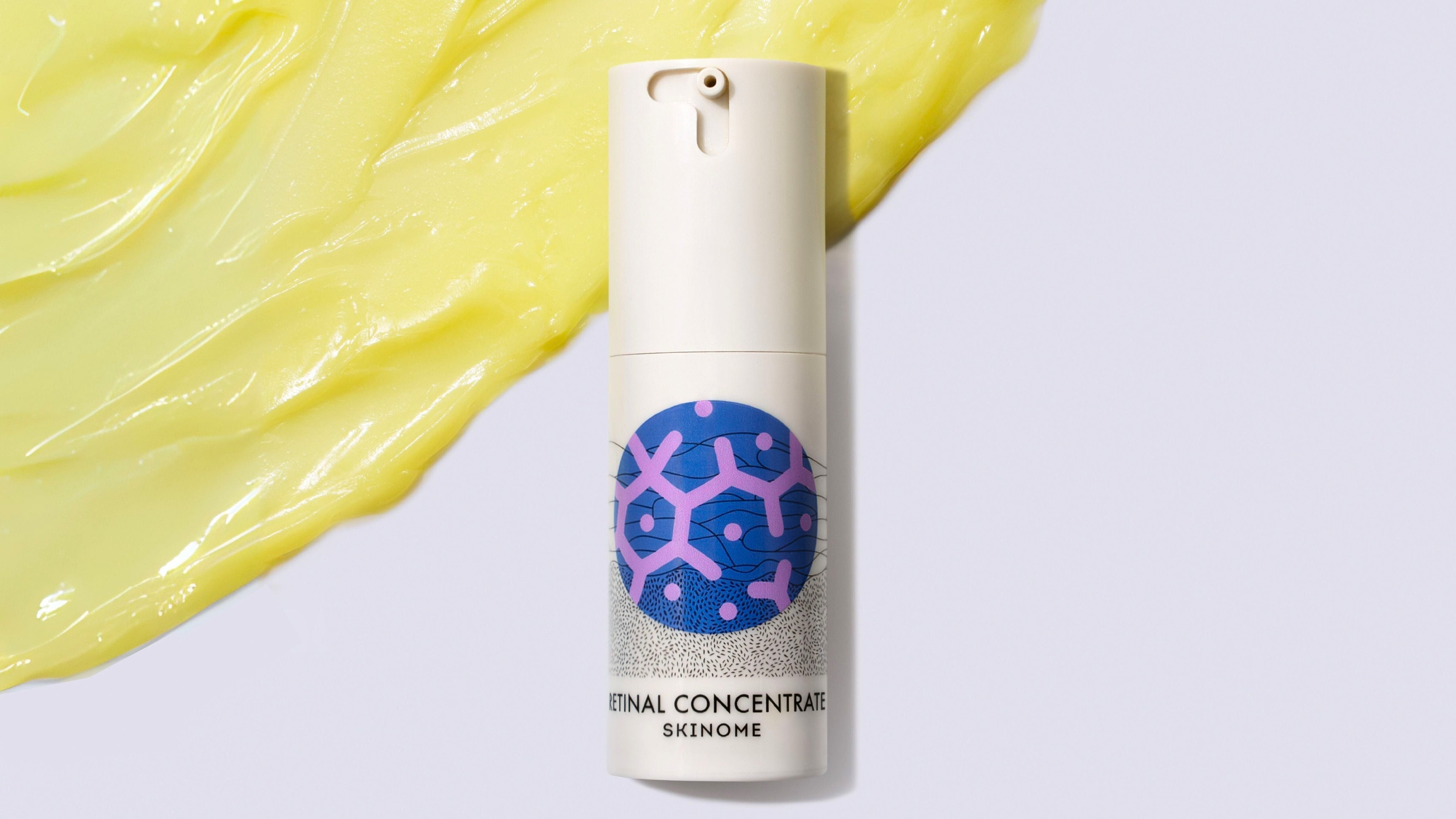
Hormonal changes
Hormones play a big role in acne. When levels of androgens (sex hormones) such as testosterone fluctuate, it can cause the sebaceous glands to produce more oil. In women, hormonal changes related to the menstrual cycle, pregnancy, or menopause can affect the skin. The condition polycystic ovary syndrome (PCOS) can also lead to acne in adult women.
Stress and psychological factors
Stress can make acne worse by increasing the production of cortisol, a stress hormone that causes the sebaceous glands to work harder. Several studies show that there is a clear link between high stress levels and more acne.
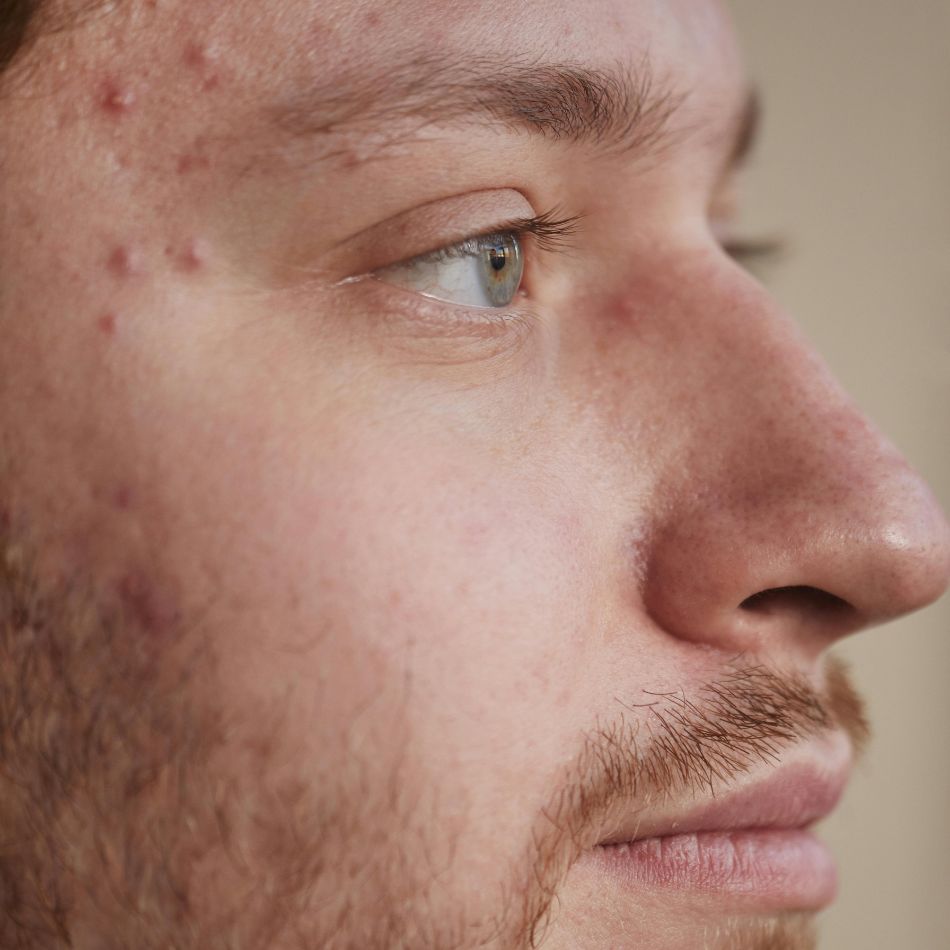

Environmental pollution
Airborne pollutants, such as particulate matter and chemicals, can affect the skin by clogging pores and causing inflammation. Exposure to exhaust fumes and other pollutants in the air has been linked to increased skin problems, including acne. Cities and industrial areas contribute to our increased exposure to such pollutants.
Diet and lifestyle
Researchers have looked at the connection between what we eat and acne. Foods with a high glycemic index, such as sugar and white flour, can raise insulin levels and cause the sebaceous glands to produce more oil. Dairy products have also been discussed as a possible cause of acne in some people.
Endocrine disruptors
We are exposed to chemicals in everyday products like plastics, makeup, and cleaning products that can disrupt our body's hormones. These substances can affect our endocrine system and contribute to skin problems like acne.
Genetic factors
Heredity also plays a role in the risk of developing acne. If one or both parents have had acne, the risk of their children developing it is higher. Genes can affect the size and activity of the sebaceous glands, as well as the skin's ability to handle inflammation.
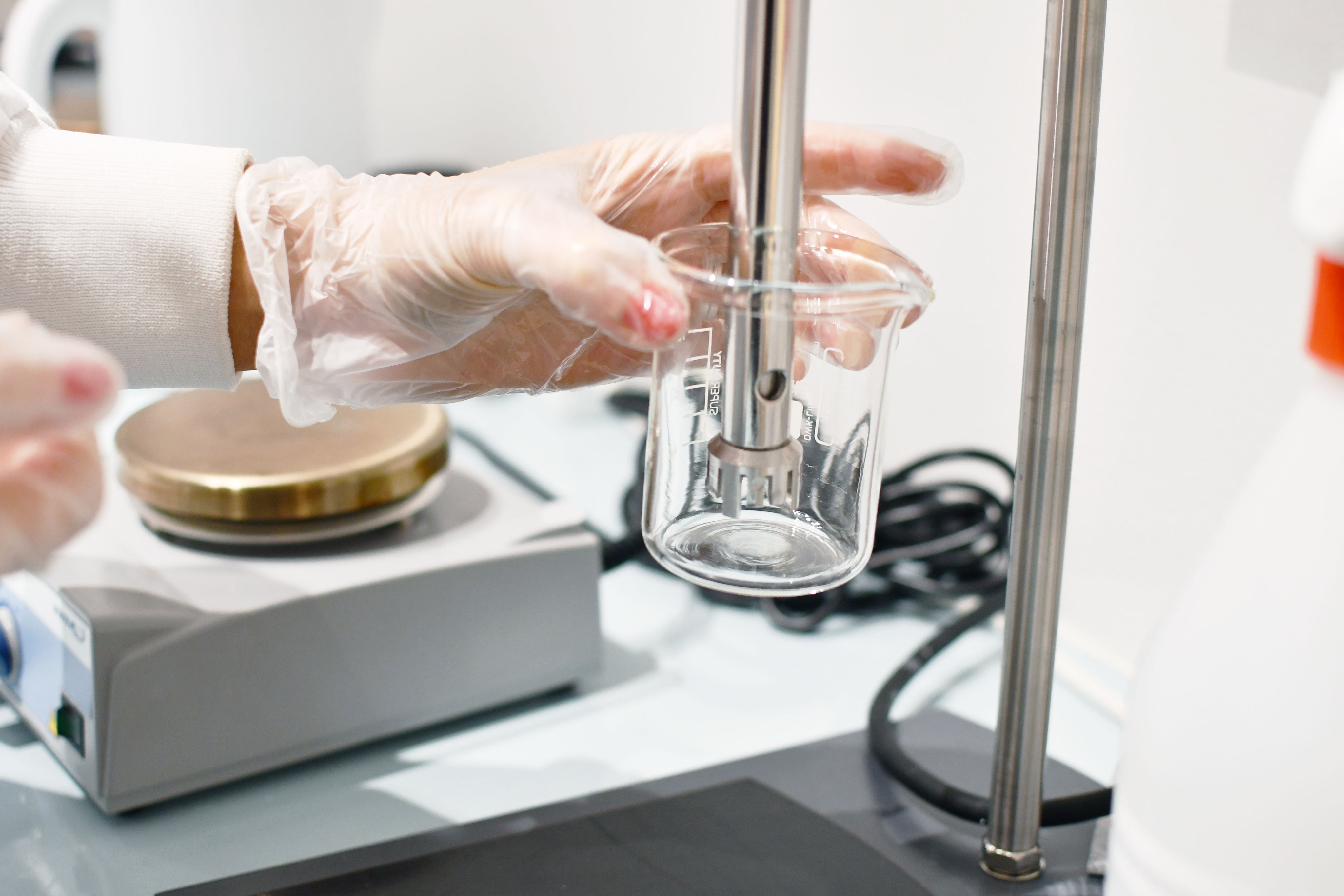
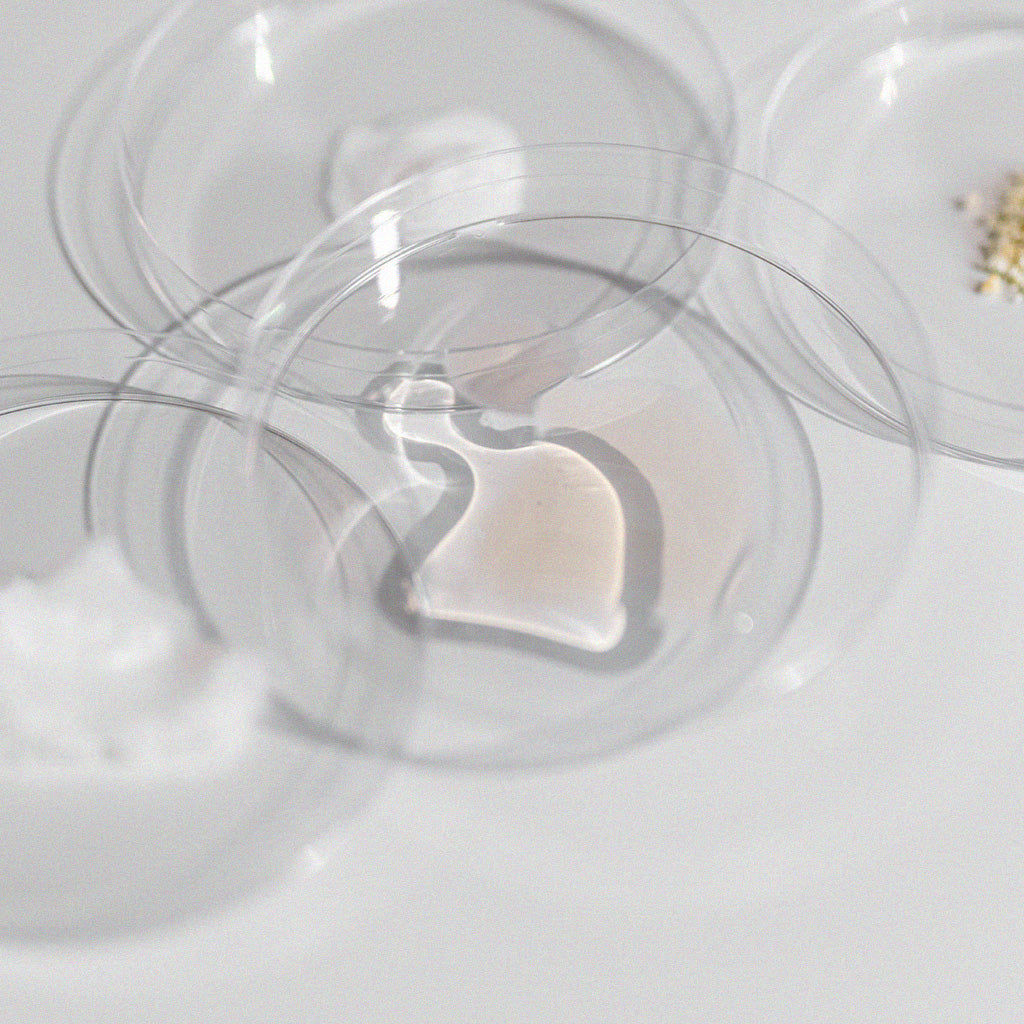
Research into skin diseases gives us a better understanding of why adult acne occurs:
The role of inflammation: Studies show that acne is not just caused by clogged pores but is also an inflammatory disease. Long-term, low-grade inflammation can contribute to the development of acne in adults.
Skin microbiome: Researchers have highlighted the importance of maintaining a healthy balance in the skin's microbiome. An imbalance in skin bacteria, especially if the bacteria Cutibacterium acnes grows too much, can be a contributing factor.
Hormonal treatment: New treatments focus on hormones, especially in women with hormone-related acne. Drugs that block androgens have been shown to reduce acne breakouts.

Adult acne can differ from the acne you get as a teenager, both in how it looks and where on the body it appears.
Occurs when the skin's natural process of getting rid of dead skin cells does not work as it should, causing the pores to become blocked without always causing inflammation. More common in adults and manifests as clogged pores leading to white and blackheads.
Often appears along the jawline, on the chin and around the mouth.
Adults may get deeper, more inflamed nodules that can be painful and lead to scarring.
Managing adult acne is about looking at your entire lifestyle, combining changes in your daily routine, proper skin care, and sometimes professional treatment.
1. Talk to a dermatologist
If you have severe or long-lasting acne, it's important to seek professional help. A dermatologist can prescribe medications such as retinoid creams, which help reduce clogged pores and inflammation. Antibiotics, either as a cream or tablet, may also be used to reduce bacteria and inflammation. For women, hormonal treatments such as birth control pills or other medications that affect hormones may be effective.
2. Use the right skincare products
Choose products that don't clog pores, known as non-comedogenic. Look for ingredients like zinc, retinol, or azelaic acid, which can help reduce inflammation, loosen up blockages, and reduce bacterial growth. Remember that even if your skin is oily and acne-prone, your skin still needs moisture. So choose a moisturizer that's formulated for acne-prone skin and wash your face with a gentle cleanser to remove dirt and oil. But be careful not to over-wash; over-cleansing can irritate your skin, so it's best to wash only once a day, preferably in the evening.
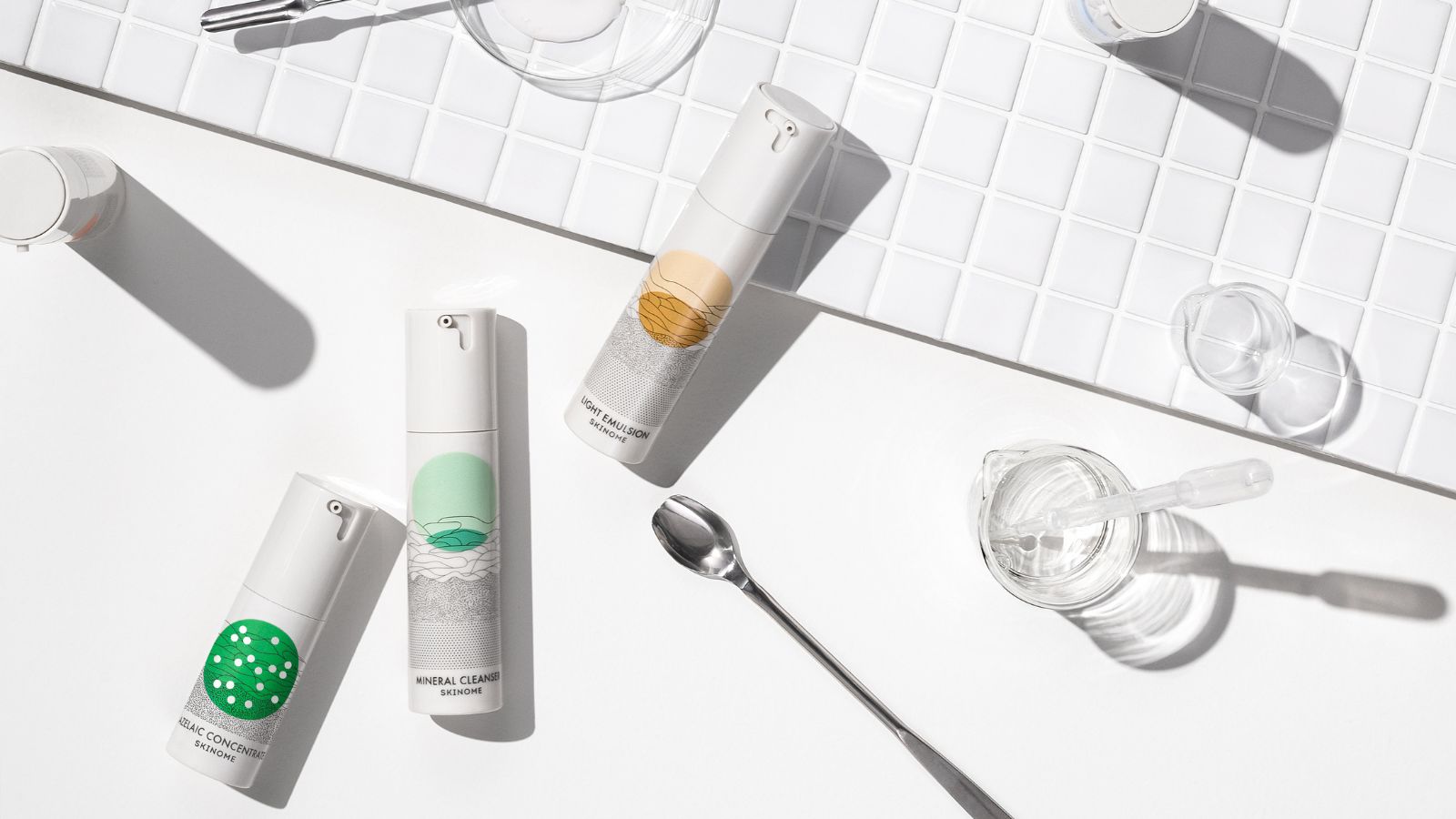
3. Make lifestyle changes
Managing stress is important. Methods such as meditation, yoga and regular exercise can help reduce stress levels. Also make sure you get enough sleep, as it is important for skin recovery and hormonal balance. It may be helpful to reduce your intake of sugar, dairy products and processed foods, and instead eat more fruits, vegetables and whole grains, which are good for your skin.
4. Avoid picking and squeezing
Popping pimples can make inflammation worse and lead to scarring. Let your skin heal on its own or seek professional help if you need to remove blackheads or pimples.
5. Protect your skin from the sun
Too much sun can worsen acne by damaging the skin and causing inflammation. Use a sunscreen formulated for oily and acne-prone skin to protect against UV rays that can worsen acne and cause dark spots.

Adult acne is a complex skin condition that is becoming more common due to things like stress or hormonal changes. By understanding the causes, you can take steps to reduce the problems, but keep in mind that it can take time and patience. If acne is affecting your daily life, it is important to seek professional help to get treatment that is right for you.


Routine for oily/acne-prone skin that prevents breakouts and clogged pores.
1.381,60 NOK
